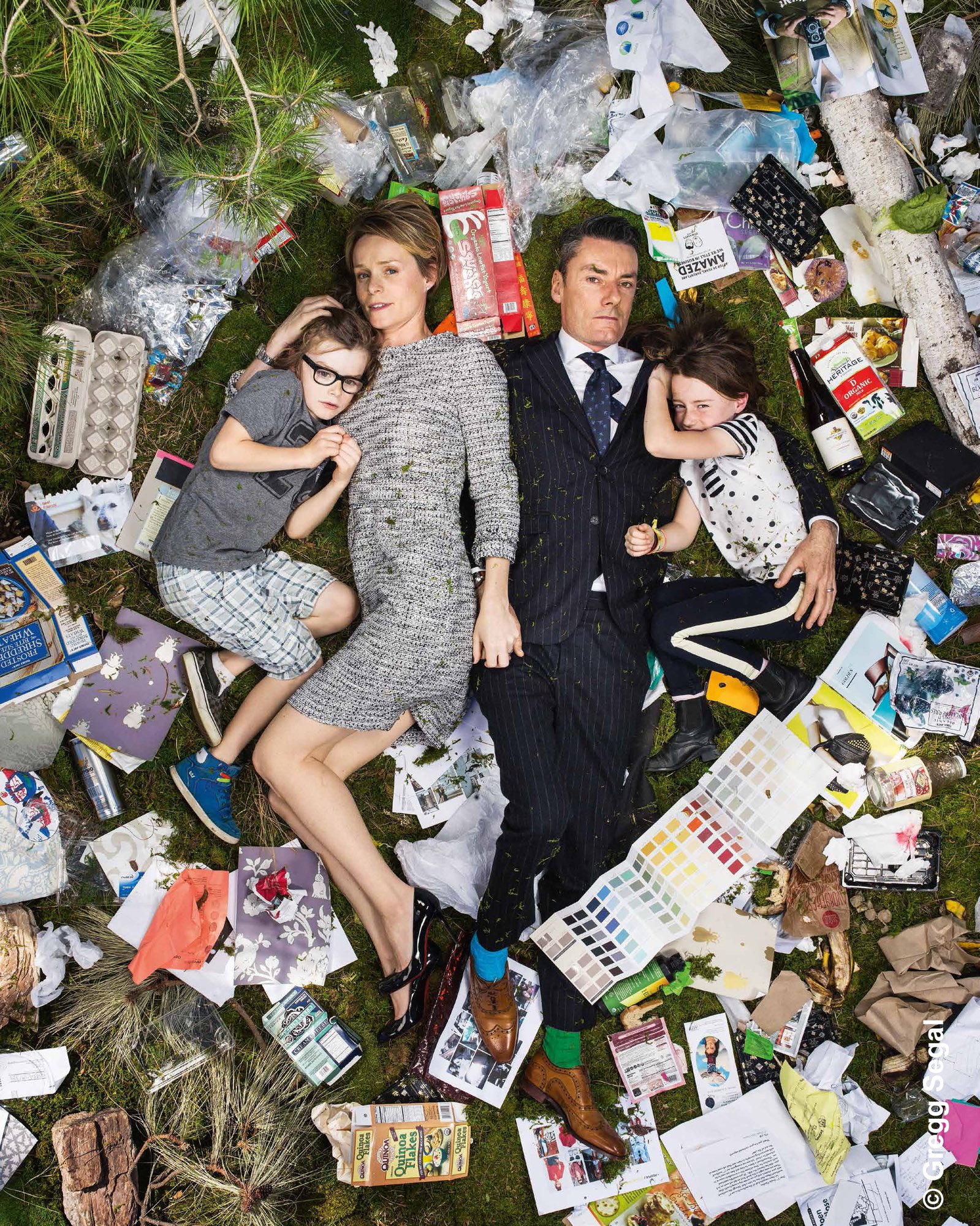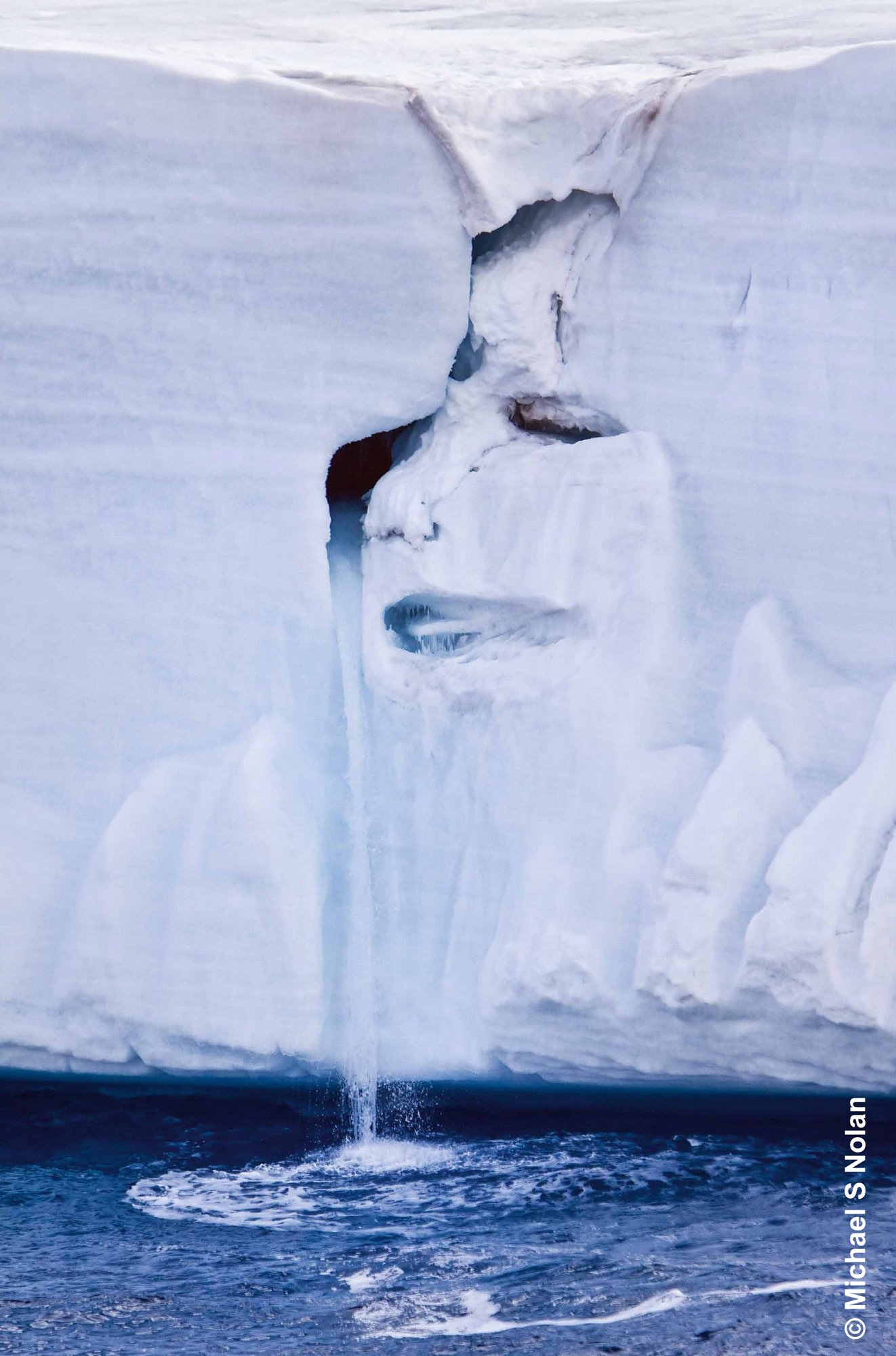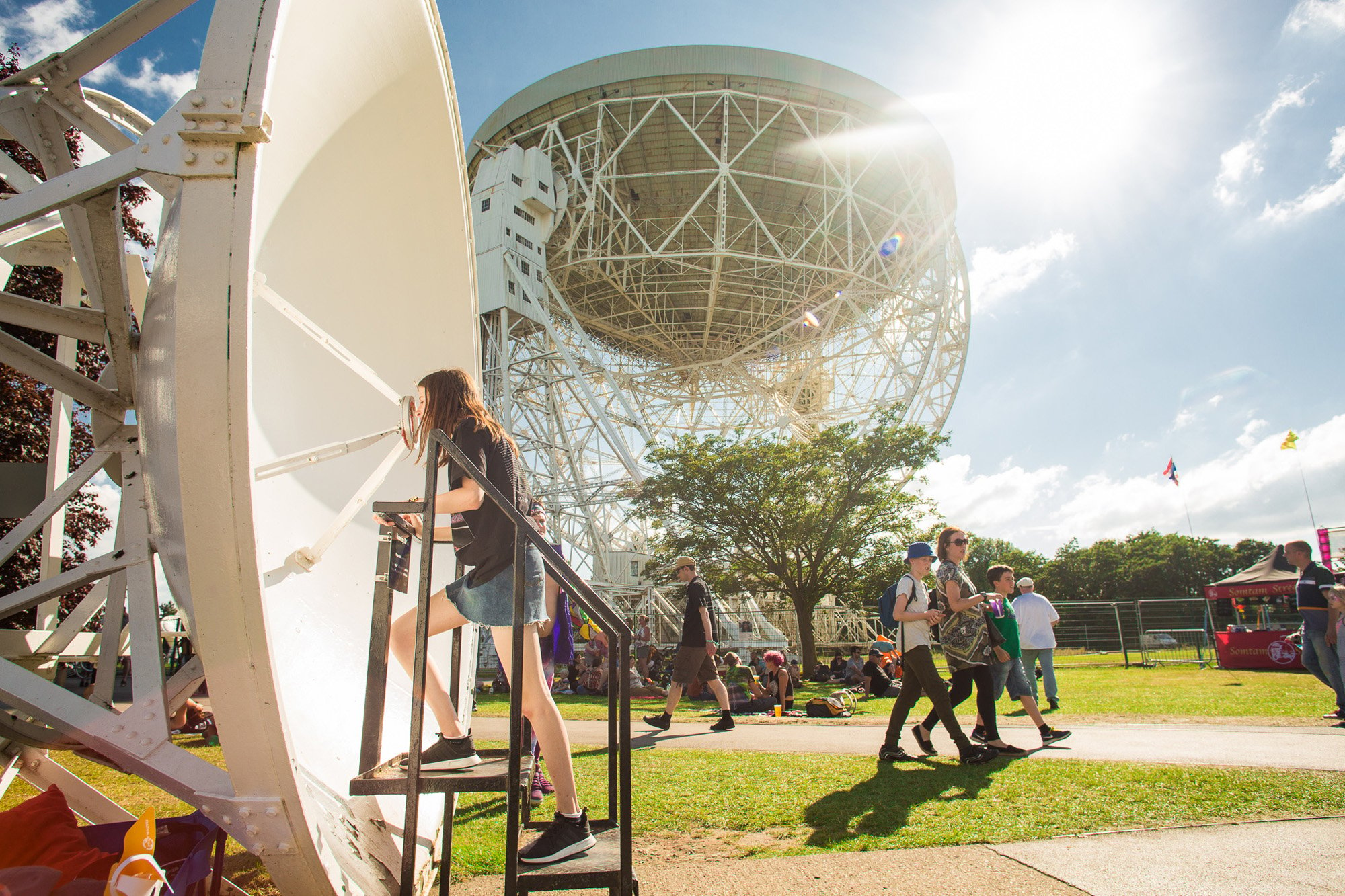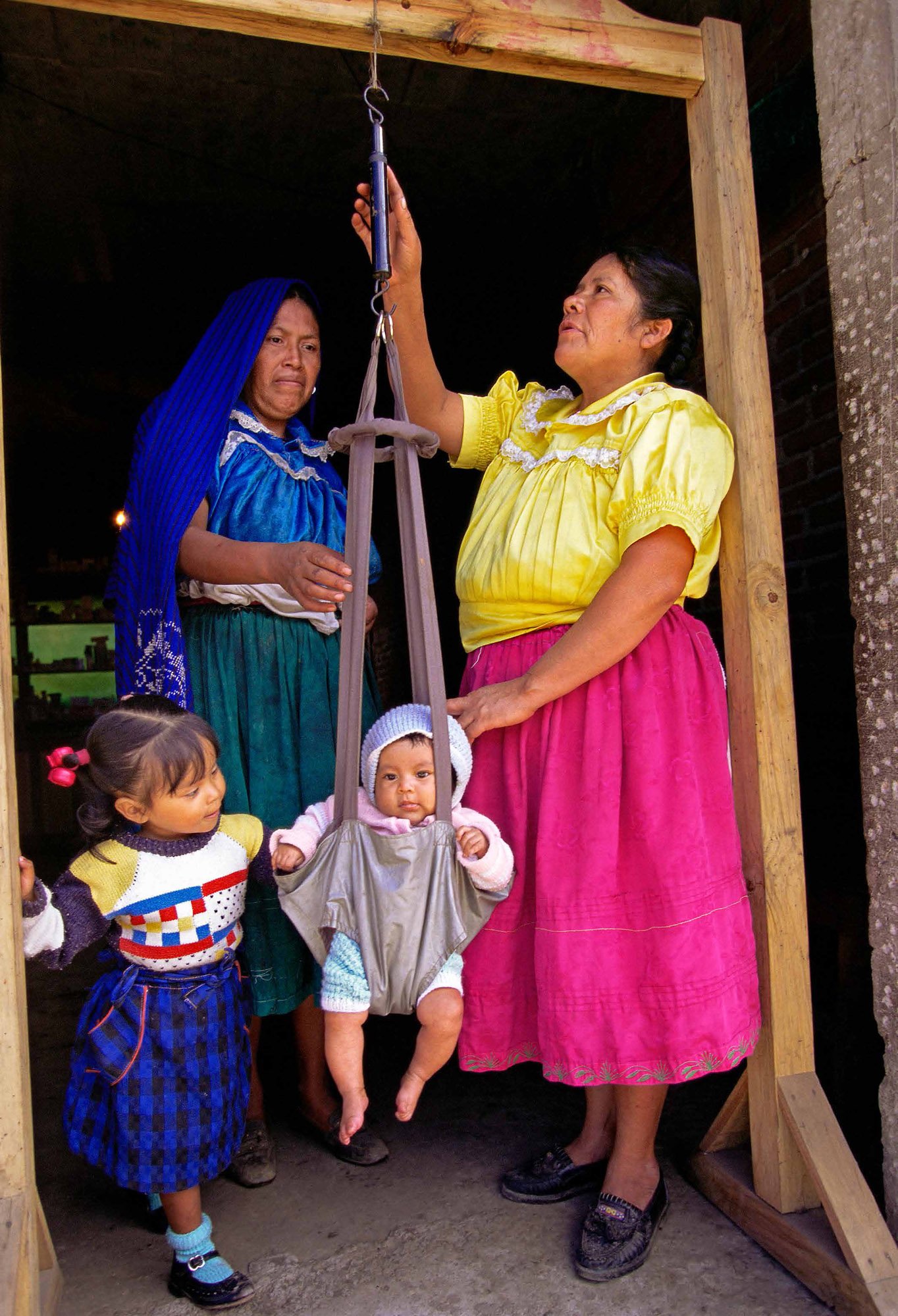Home → What’s On → Press Release → Let’s help achieve the Sustainable Development Goals – a new exhibition shows you how
Governments around the world have agreed to dramatic, radical Sustainable Development Goals (SDGs), such as ending hunger and poverty by 2030. Success will depend on the engagement of all citizens, who must understand the goals and what actions they should take to help change the world.

CAPTION HERE
A new exhibition launched today (12 April 2018) at UNESCO Headquarters in Paris, explains the 17 goals to a global audience and some of the actions we can all take to achieve them. The Exhibition, Whole Earth? A Citizen’s guide to the Sustainable Development Goals (and how to save the world), has been designed by the internationally-renowned Hard Rain Project, with the support of UNESCO, the UK Permanent Delegation to UNESCO, and the UK National Commission for UNESCO.

CAPTION HERE
Audrey Azoulay, Director-General of UNESCO, said:
“Because it raises awareness and helps everyone to see the connections between their lives and global challenges, this project was awarded the UNESCO Japan Prize on Education for Sustainable Development in 2017. Caring leads to change in our ways of thinking, acting and living. Our message is that building a fairer world and protecting our planet starts with daily actions that can transform our common future, and this exhibition inspires viewers to question and be engaged.

Jodrell Bank is the earliest radio astronomy observatory in the world still in existence. Photo courtesy of Jodrell Bank.
MATTHEW LODGE, MINISTER AND AMBASSADOR OF GREAT BRITAIN AND NORTHERN IRELAND TO UNESCO, SAID:
“I was deeply impressed by Mark when I first met him during the General Conference of UNESCO in November 2017. His photographs combine a light-hearted sophistication with a deeper dive into the concerns related to climate change and poverty. His images speak volumes but his narrative also suggests how we as international representatives of our governments have a moral duty to join up as intermediaries and honest brokers and to improve the delivery of the multilateral system because all of the levers are already in our hands, whether they are technical, social, economic and political.”

CAPTION HERE
On September 25, 2015, 193 member countries of the UN General Assembly agreed to implement the SDGs. The SDGs are a call for action to change our world. Achieving the goals and their 169 specific targets will require global co-operation by all governments and the active support and encouragement of citizens, schools and universities around the world.
The Exhibition is an updated version of the internationally acclaimed Hard Rain Project, which was awarded the UNESCO-Japan Prize for Education on Sustainable Development in November 2017. Whole Earth? aims to increase awareness about sustainability challenges and possible solutions among a broad audience. Through award-winning photographs, it depicts the immense obstacles to sustainable development, while outlining the collective action we could take to achieve the ambitious Agenda by 2030.
MARK EDWARDS, FOUNDER OF THE HARD RAIN PROJECT AND WINNER OF THE UNESCO-JAPAN PRIZE for EDUCATION ON SUSTAINABLE DEVELOPMENT, SAID:
“Finally, our governments have set the bold goals we have been demanding for decades in the areas of hunger, poverty, equality and the environment. Let’s put a mass movement behind those ambitions.”
DR BETH TAYLOR, CHAIR OF THE UK NATIONAL COMMISSION FOR UNESCO, said:
“The Whole Earth? Exhibition highlights the need to harness the power of collaboration through bringing together all countries and their citizens. Through vivid and exceptional photography, the exhibition makes it easy for everyone to understand the Global Goals l – an important step in achieving them.”
“The exhibition explores ways for everyone – governments, citizens, schools and universities – around the world to take on ownership of the goals and deliver them by 2030. As the exhibition shows, if the goals are taken seriously, they have the potential to change all our lives for the better.”
JAMES BRIDGE, SECRETARY-GENERAL OF THE UK NATIONAL COMMISSION FOR UNESCO, SAID:
“The ‘Whole Earth?” images connect with people from around the world and contribute to UNESCO’s goal of building the defences of peace in the minds of women and men.”
The UNESCO Japan Prize rewards outstanding projects and programmes in Education for Sustainable Development globally.
NOTES TO EDITORS
Hard Rain Project is the creation of documentary photographer, Mark Edwards. Together with writer and environmental adviser Lloyd Timberlake in the UK and environmental film-maker Dag Jonzon in Sweden, they work with world-renowned artists and scientists to bring alive the issues around sustainable development for students and public audiences.
The Whole Earth? Exhibition, created by world-renowned UK photographer Mark Edwards, is a unique example of artists and scientists working together on innovative exhibitions, books, films, talks and events to raise awareness of pressing global issues such as poverty eradication, environmental issues and climate change.
The UNESCO-Japan Prize on Education for Sustainable Development (ESD) honours exceptional efforts by individuals, institutions, organizations and other entities engaged in activities promoting ESD. Funded by the Government of Japan, it is endowed with USD 150,000 per year, to be divided between three recipients.
The Prize was established in 2014 in the framework of the UNESCO Global Action Programme on ESD (GAP). The GAP and the Prize aim to generate and scale-up ESD action at all levels and in all areas of education and learning, so as to accelerate progress towards sustainable development worldwide.
The UK National Commission (UKNC) works to support the UK’s contribution to UNESCO and bring the benefits of UNESCO to the UK. It is the hub for UNESCO-related matters in the UK.
The UKNC has four core priorities:
- We provide expert, independent policy advice to the UK and devolved governments on UNESCO related issues.
- We advise and support individuals and institutions in the UK, its Overseas Territories and Crown Dependencies on accessing UNESCO accreditation and prizes and how to derive more value from their involvement with UNESCO.
- We support the UK Government’s agenda in helping UNESCO to become more effective.
- We act as a hub for the UK’s over 160 UNESCO designations.
In carrying out these roles, the UKNC relies on advice and support from its Expert Network including specialists in the fields of education, culture, the sciences and communication and information from across Scotland, Wales, Northern Ireland and England.
Home → What’s On → Press Release → Jodrell Bank added to UNESCO World Heritage List

